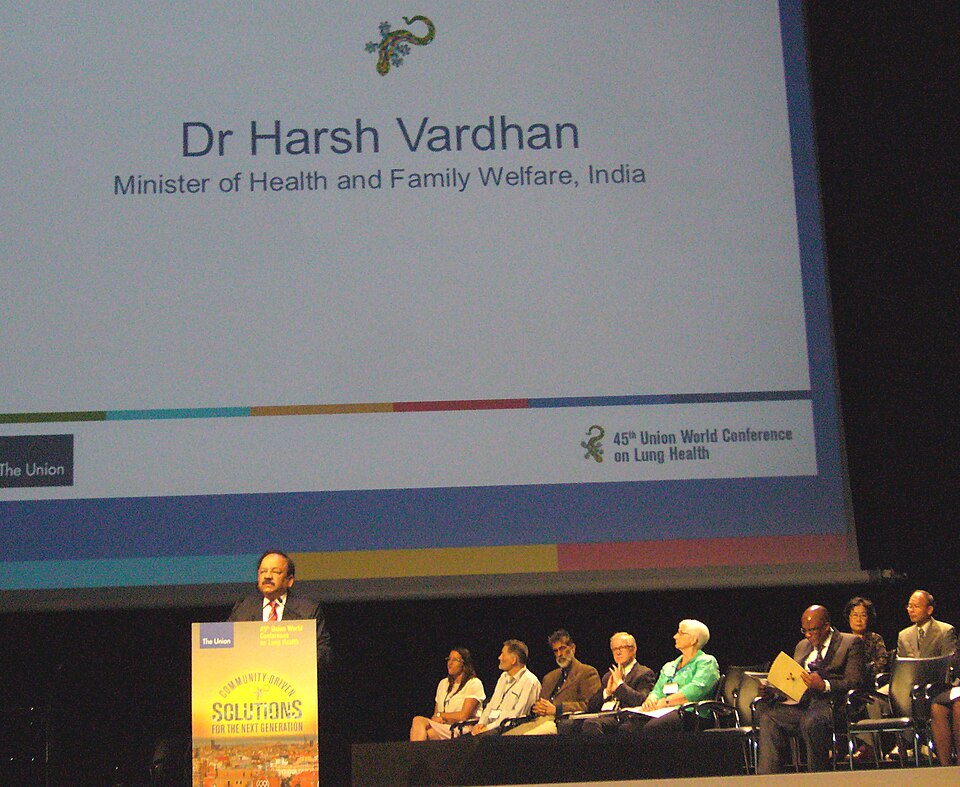Huxley Medical Unveils Clinical Insights from SANSA Platform at SLEEP 2025

SEATTLE, June 18, 2025 /PRNewswire/ -- Huxley Medical, a commercial-stage medical technology firm focused on improving the detection of sleep and heart disorders, presented new data at the annual SLEEP 2025 conference, organized by the Associated Professional Sleep Societies (APSS), held from June 8-11 in Seattle, Washington. The presentation highlighted the company's SANSA home sleep apnea test, showcasing its potential clinical insights across varied patient populations.
The research included three significant scientific abstracts demonstrating SANSA's diagnostic capabilities. One key study validated a new algorithm for detecting central sleep apnea (CSA) using SANSA, comparing its results to traditional in-lab polysomnography. In a cohort of 326 patients, SANSA showed strong diagnostic performance, meeting or surpassing established benchmarks for home sleep apnea tests (HSTs) (Khayat et al., 2025).
Additionally, two studies explored the intersection of sleep-disordered breathing (SDB) and cardiac arrhythmias. Conducted on a total of 153 patients suspected of SDB, the findings revealed that 33% of these patients had clinically significant arrhythmias, with 20% previously undiagnosed. A subsequent study involving 30 patients requiring Holter monitoring indicated that approximately two-thirds had SDB, notably with 86% of those having atrial fibrillation (AF), reinforcing the critical link between AF and sleep apnea (Khayat et al., 2025).
The research was collaborative, involving institutions such as Penn State University, the University of Pennsylvania, the Mayo Clinic, Emory University, the University of Michigan, Atrium Health, Wake Forest University, and Duke University. This partnership emphasizes the growing body of evidence supporting the SANSA platform's clinical and operational value.
Dr. Rami Khayat, MD, Division Chief of Pulmonary, Allergy & Critical Care Medicine and Director of Sleep Services at Penn State, commented, "These data support SANSA's promise as a versatile remote diagnostic tool. The ability to characterize SDB as obstructive or central and relate it to commonly comorbid cardiac issues is something we've rarely been able to do outside of in-lab PSG studies, despite years of evidence linking these conditions. Ultimately this could help us diagnose, stratify, and manage patients more efficiently."
Chris Lee, PhD, Huxley Chair and CEO, added, "This research highlights SANSA's differentiated capabilities, which can help doctors improve how they detect and manage both sleep and heart conditions. Unfortunately, these diseases frequently occur together but are often managed in silos because of fundamental limitations in legacy diagnostic tools. We are grateful to partner with thought-leading clinicians on research that can lead to more efficient care."
Huxley Medical is committed to developing diagnostic solutions that streamline care for patients globally. The company has received funding from notable organizations, including the National Science Foundation and the National Institutes of Health, to further its technological advancements. For more information, visit huxleymed.com.
### References - Khayat, R., Dupuy-McCauley, K. L., Molavi, B., Sharma, S., Collop, N., Goldstein, C., & Rosen, I. M. (2025). Detecting Central Sleep Apnea Using a Multi-Diagnostic Chest-Worn Monitor. SLEEP 2025. - Khayat, R., Goldstein, C., Sharma, S., Collop, N., Torstrick, B., Loring, Z., Frankel, D. S., & Rosen, I. M. (2025). Characterizing Arrhythmia Burden in Obstructive and Central Sleep Apnea with a Multi-diagnostic Monitor. SLEEP 2025.
Advertisement
Tags
Advertisement





